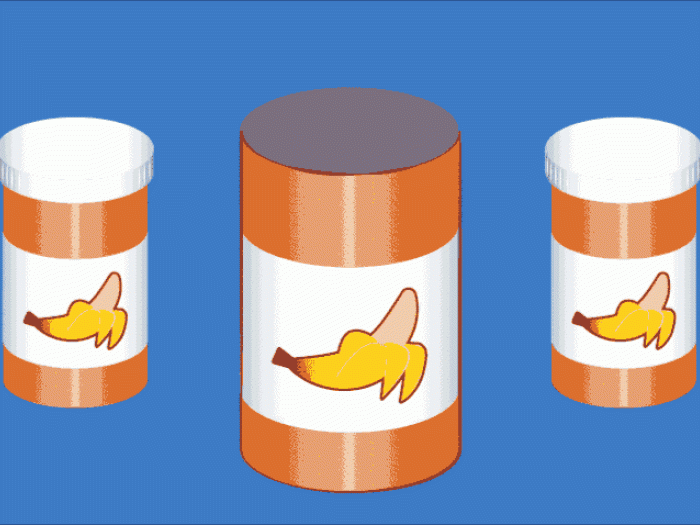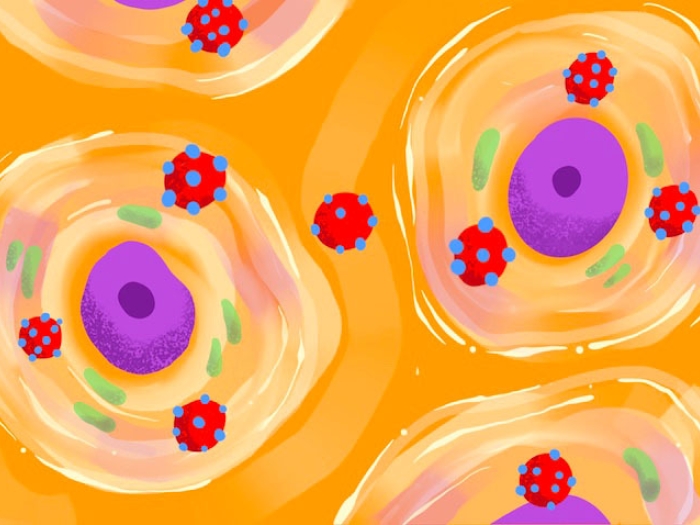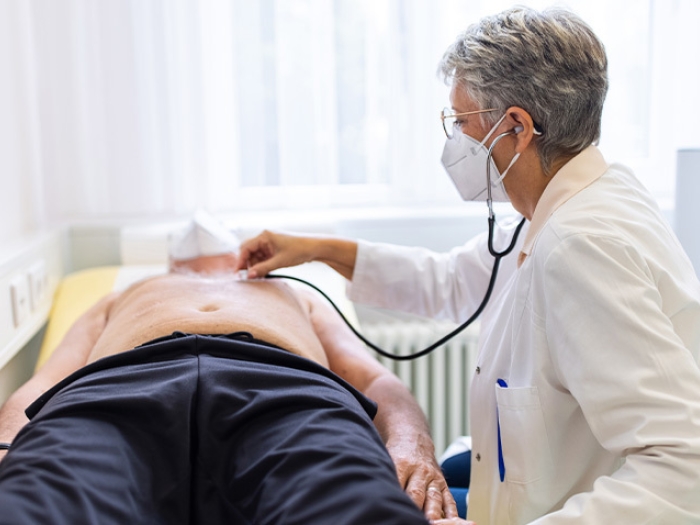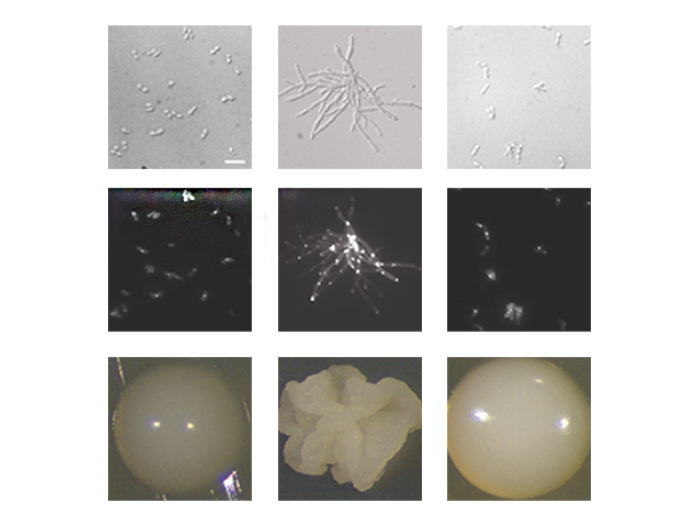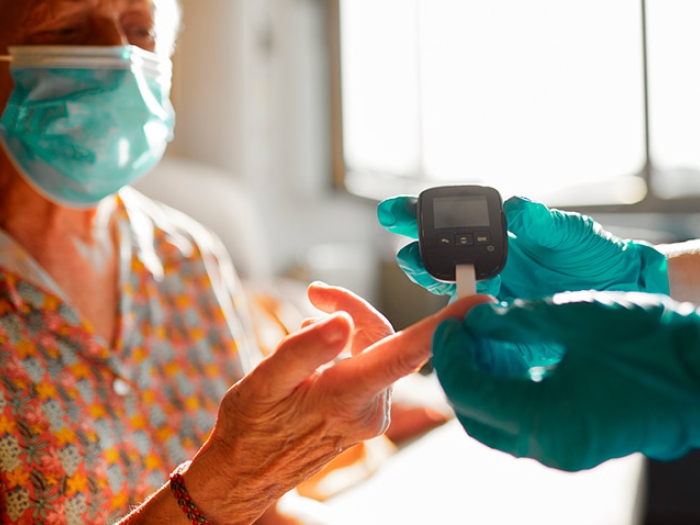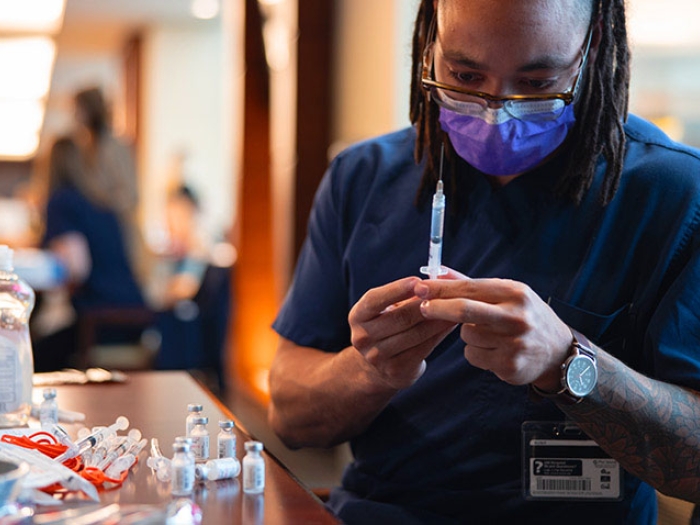A Michigan pioneer paved the way for better infectious disease prevention and care, and for medical school-based research. A new book tells his story.
7:00 AM
Author |
In the late 1800s, the idea that microscopic organisms could cause disease was still dismissed as mere "germ theory."
That's when Frederick Novy, M.D., came to the University of Michigan armed with the latest microbial knowledge from his training in Germany.
MORE FROM THE LAB: Sign up for our weekly newsletter
More than a century later, the world is still feeling the impact of what he and his colleagues did next.
A new book by U-M Medical School faculty member Powel Kazanjian, M.D., Ph.D., examines Novy's rise to prominence as one of America's first "microbe hunters."
"Novy was among the first generation of full-time researcher-educators who came along and introduced a new focus — the search for exact truths in the laboratory," Kazanjian says.
A quiet, disciplined effort to study bacteria and viruses from a scientific point of view allowed Novy to pave the way for countless advances in public health and medicine.
He and his colleagues also helped bring about the rise of research in the nation's medical schools, bolstering the idea that such institutions should do more than simply teach medicine to future doctors.
Medical schools also, Novy argued, must support laboratories to study the basic foundations of life and disease.
Today, U-M and many other American medical schools are the engines of biomedical discovery — and the translation of new findings to prevent, diagnose and treat disease.
Learn more about Novy in this article from the Summer 2017 issue of Medicine at Michigan.

Explore a variety of healthcare news & stories by visiting the Health Lab home page for more articles.

Department of Communication at Michigan Medicine
Want top health & research news weekly? Sign up for Health Lab’s newsletters today!
